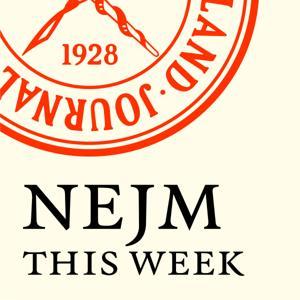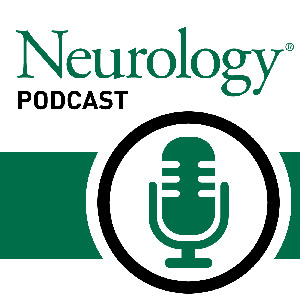Send comments and feedback
Functional seizures, also known as psychogenic nonepileptic seizures (PNES), resemble epileptic seizures. Unlike epilepsy, they are not prompted by any electrical activity in the brain. People with functional seizures live with stigma, stress, and emotional and financial burden — and so do their care partners.
Joy Mazur spoke with Shannon Guinard, who cares for her husband, about the challenges and stigmas that face care partners of people with functional seizures.
Resources and relevant articles:
Information about psychogenic non epileptic seizures
Depression and anxiety in caregivers of patients with functional seizures Tsamakis K, et al., 2023
Social aspects of life in patients with functional seizures: Closing the gap in the biopsychosocial formulation Asadi-Pooya AA, et al., 2021
Welfare consequences for people diagnosed with nonepileptic seizures: A matched nationwide study in Denmark Jennum, et al., 2019
Sharp Waves episodes are meant for informational purposes only, and not as clinical or medical advice.
Let us know how we're doing: [email protected].
The International League Against Epilepsy is the world's preeminent association of health professionals and scientists, working toward a world where no person's life is limited by epilepsy. Visit us on Facebook, Instagram, and LinkedIn.




































